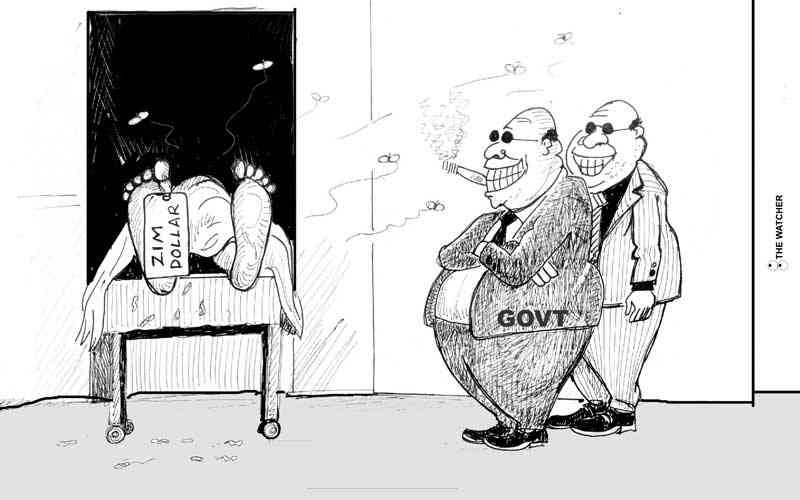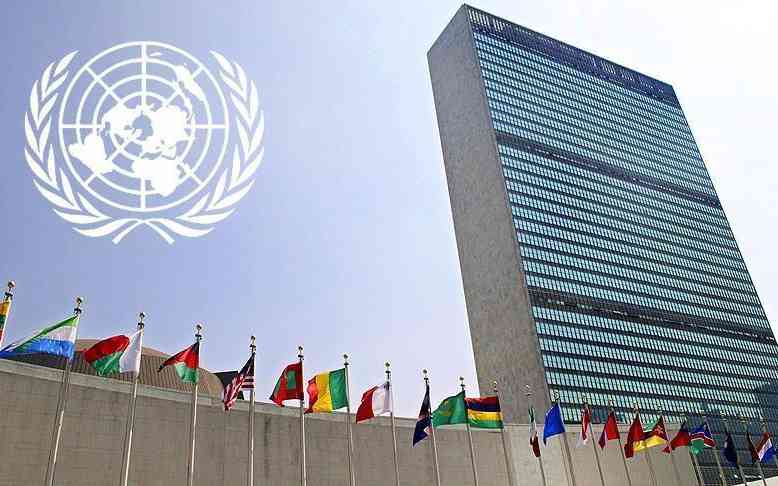
By Kudzai-Vimbiso Tseriwa THIS International Women’s Day, themed Break the Bias, I would like to start a conversation with the issue of emotional abuse of women.
Why I think this is in keeping with the theme on breaking bias is because it is more often than not inflicted on women, sometimes deliberately and in some instances unknowingly. Granted men suffer through this too, but today is about the ladies so that’s a discussion for another day.
Oftentimes we talk about gender-based violence and we emphasise physical and sexual abuse without acknowledging the very real beast called emotional abuse.
It is the most underrated form of abuse but with fatal implications.
Women are abused emotionally in various ways and they suffer through it for varying reasons.
Emotional abuse is any act that diminishes the sense of identity, dignity and self-worth of a person.
It includes but is not limited to acts such as confinement, isolation, verbal assault, silent treatment, humiliation, intimidation (silent or spoken), body shaming, withdrawal or withholding of affection, manipulation among many others.
It is perpetuated by all kinds of people from all spheres of life including those that are mature, learned and accomplished.
- Chamisa under fire over US$120K donation
- Mavhunga puts DeMbare into Chibuku quarterfinals
- Pension funds bet on Cabora Bassa oilfields
- Councils defy govt fire tender directive
Keep Reading
Certain times our closest dearest friends and family may inflict emotional pain on them even when they are well-meaning.
Statements like mimba haisati yabata here (“are you not pregnant yet”), “ko hausati waroorwa nhai” (why are you still unmarried?”) may cause immense emotional pain.
A friend says, “We are even hesitant and must summon such emotional bandwidth to go home for the holidays because those are the questions we will have to face and it’s depressing”.
Colleagues and acquaintances can casually say things like, ende mazuva ano uri kusimba/kufuta, uri kudyei ko”, (“these days you are fat, what are you eating?”) Or even… waonda wena (you are so thin).
Such body shaming can greatly affect someone’s sense of self- worth and confidence.
The pressure to fit into a media and societal construction of perfection and beauty so that you receive love, affection and appreciation can be emotionally draining.
Intimate partners and spouses often inflict pain as a form of emotional manipulation or punishment for a perceived transgression but sometimes it may be acting out based on their own upbringing and out of ignorance of the effect on the other person.
When one is raised in an environment that is not emotionally supportive they lack opportunity to learn emotional sensitivity or develop emotional intelligence. This disconnect translates to abuse of another.
Many women feel they must endure emotional abuse for different reasons. Fear of judgment and victim blaming is one.
People are very rarely sympathetic towards such.
They treat victims of emotional abuse as if they are weak and whiny (anoyema).
People do not believe that you are abused unless you show physical scars and sometimes even then you are urged to endure for the sake of being in a relationship (ndizvo zvinoita dzimba).
And it is considered less of a crime because at least he is not hitting you, (ungacheme usina kurohwa).
Society has normalised this very detrimental form of abuse and react as if it is harmless or a victimless crime.
Socialisation in a patriarchal context creates a predisposition for emotional abuse as it creates both perpetrators and victims.
Financial dependence and reliance is always a reason for women to endure.
They fear not being able to survive “without him” and most times it’s been drilled into them that they are “incapable of doing anything worthwhile”.
Trying to do right for the children and not separate them from their father (ndinogarira vana vangu) is another rhetoric used to justify suffering silently.
At what cost though?
The impact of emotional abuse is so detrimental that in some cases it ends in the loss of life (suicide), depression, psychological trauma, feelings of being unworthy, low self-esteem where one cannot function or thrive… you end up with a shell of a person.
#endgbv #stopemotionalabuse #letstalkaboutit #breakthebias











